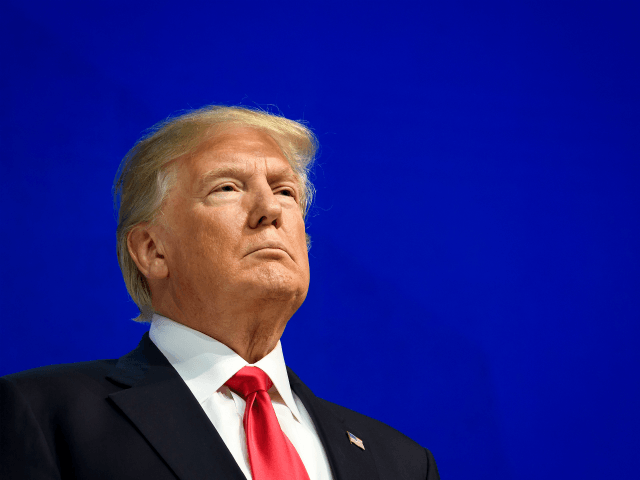The deadline for Russia and the United States to meet the nuclear warhead reductions mandated by 2011’s Treaty on Measures for the Further Reduction and Limitation of Strategic Offensive Arms (New START) arrived Monday.
According to the U.S. State Department, the United States has been below the maximum allowed strength of “660 deployed Minuteman-III ICBMs, Trident-II SLBMs, and B-2A and B-52H heavy bombers; 1393 warheads on deployed ICBMs and SLBMs and counted for deployed heavy bombers; and, 800 deployed and non-deployed launchers of ICBMs and SLBMs, and heavy bombers” since September.
The next month, the Russian Federation will be expected to verify that it, too, has brought its arsenal in line with the limits to which it has previously agreed. Compliance, as with the American nuclear force, is insured through information exchanges and “short-notice” on-site inspections. The State Department reports that the two great powers have engaged in more than 14,000 information exchanges and conducted 252 on-site inspections in the seven years since the treaty went into effect.
On the campaign trail and then in his early days in office, President Donald Trump criticized the treaty, which represents the most significant effort at nuclear arms reduction since the original START (Strategic Arms Reduction Treaty) of the George H.W. Bush administration. To the dismay of some anti-nuclear commentators, Trump called New START “a one-sided deal.”
Some earlier reports indicated Trump may not have been well versed in the specifics of the treaty’s requirements but was generally opposed to reductions in the American nuclear arsenal.
State Department spokeswoman Heather Nauert laid out the administration’s response to the requirements coming due:
Implementation of the New START Treaty enhances the safety and security of the United States and our allies and makes strategic relations between the United States and the Russian Federation more stable, transparent, and predictable – critically important at a time when trust in the relationship has deteriorated, and the threat of miscalculation and misperception has risen.
In 2010, as the Obama administration finalized the New START Treaty with then-Russian President Dmitry Medvedev, some conservatives expressed concerns about the accord’s effect on America’s nuclear deterrent. It later became clear that Obama was aware of shortcomings in the Russians compliance with other mutual nuclear control treaties.
An October report by the Library of Congress’s Congressional Research Service explained the competing views at play on New START:
The Obama Administration and outside analysts argued that New START strengthens strategic stability and enhances U.S. national security. Critics, however, questioned whether the treaty serves U.S. national security interests, as Russia was likely to reduce its forces with or without an arms control agreement and because the United States and Russia no longer need arms control treaties to manage their relationship.While the Trump Administration has not offered an official assessment of the treaty, Secretary of State-designate Tillerson offered support during his confirmation hearings, noting that he supports “the long-standing bipartisan policy of engaging with Russia and other nuclear arms states to verifiably reduce nuclear stockpiles” and that it is important for the United States “to stay engaged with Russia [and] hold them accountable to commitments made under the New START.”
In her announcement, Nauert expressed continued commitment at the U.S. State Department to the broader goal of nuclear weapons reduction, saying:
The United States will continue to fully implement the New START Treaty and remains committed to working with others, including the Russian Federation, to create the conditions to support the ultimate goal of the global elimination of nuclear weapons. The New START Treaty remains a critical component for supporting global non-proliferation efforts and strategic stability between the United States and the Russian Federation.
President Vladimir Putin reportedly proposed extending New START beyond its initial 2021 end date in his first call with President Trump.

COMMENTS
Please let us know if you're having issues with commenting.